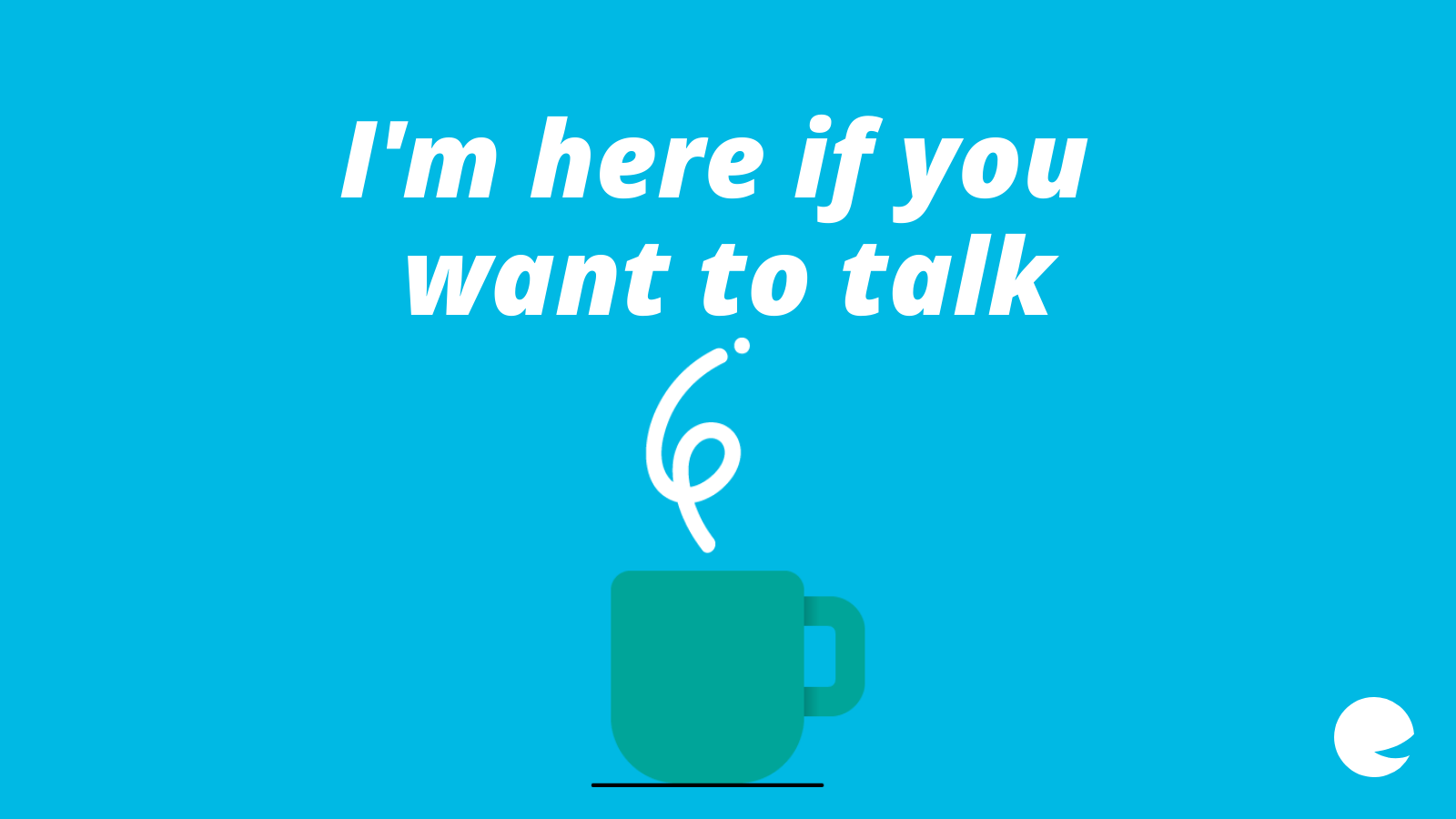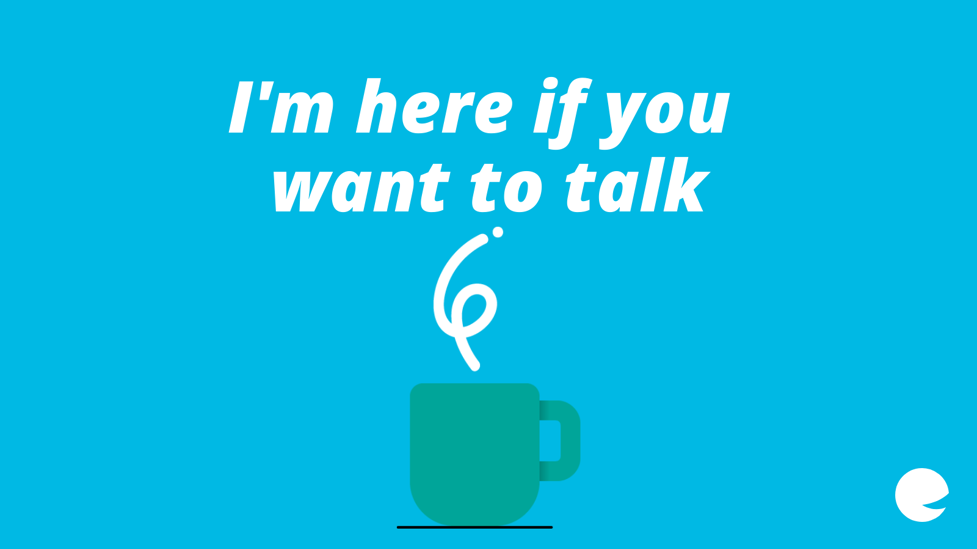
Tackling Discrimination at Work
Find out how you can start to take action to tackle discrimination in your workplace.
To remove stigmatising cultures and prevent discriminatory behaviors, there are a number of things you need to have in place. However they are all achievable, and many of them will already exist in your organisation.
Through our work with employers, employees and people with experience of struggling with their mental health at work, we have come up with the three key elements to tackling stigma and discrimination at work.
Three Key Elements
-

Leadership Role Models- Whenever leaders have stood up and talked about how they are successful, high flying professionals and they are also people who have struggled with a mental health problem then things have started to change. However disclosure is always at the individual’s discretion so having this type of exemplar leader isn’t always possible. If leaders can talk openly about the issue, take part in learning events and lead sessions with employees about mental health in the workplace it will impact the perception and practicality of the work environment.
-

Internal Communication -If employees are unaware of the existence or purpose of an Employee Assistance Provider (EAP) then they won’t access that support. If employees are unaware of the opportunity for mental health training then they won’t attend. If managers are unsure about where mental health first aiders or champions fit in the structure and or what they do, they won’t make best use of them. Communicating clearly and consistently across multiple channels at times when employees are likely to be able to engage with them is vital.
-

Line Management - If you have a manager that gets it then you are going to have a good experience… if you have a manager who doesn’t get it then it’s going to go the other way. All managers need to know what supportive conversations look like within their role and have a human compassion desire not to make a challenging health situation worse by doing or saying the wrong thing.


Helping Others
Whether you’re a manager or a colleague, little things can make all the difference.
• Be aware of common signs of stress and anxiety e.g. lack of energy, poor concentration, poor memory, timekeeping getting worse, change in behaviour.
• Ask in private, if everything is okay. Be prepared to ask again if you think they may not feel comfortable about disclosing at this time. Be sensitive about pushing for information. They may still be coming to terms with their circumstances.
• Be patient and understanding. However, if their behaviour is causing problems at work you may have to say something about this. Be gentle. E.g. “I’ve noticed that your timekeeping is a bit erratic and it means other staff are having to cover for you in the mornings. Is everything ok?”
• Be supportive. “Is there anything I can do?” Ask if it might help to put some time aside to have a chat. If there isn’t anywhere suitable in the workplace to do this, you could make it even more informal and suggest having a chat over a coffee.
• Let them talk. They may just need to release some pressure and be reassured that they will be given the space to deal with things. Listen carefully. There may be more to the story than they are able to disclose at present.
• Ensure they know you will keep your discussion confidential.
• Make sure they know there is an open door if they want to come and discuss anything with you.
Helping Yourself
If you're experiencing stigma at work
- Talk to someone you trust who has time to listen about how you are feeling
- If your organisation has an Employee Assistance Programme (EAP), you may wish to contact them
- External organisations can offer you independent advice about your situation
- Find out more about your rights as an employee
- Find out if your employer has a mental health policy, or one on bullying and harassment
- Find out what grievance procedures exist and decide what to do next
Manager's Role
Tackling discrimination as a manager means:
- making the business case for a mentally healthy workplace, including calculating the cost of absence, presenteeism, productivity, staff retention
- creating a culture where it is okay for everyone to talk openly about mental health
- championing the development of relevant policies and putting them into practice
- ensuring management and staff are aware of legal and moral protections against discrimination
- promoting reasonable adjustments for all employees - consider what is required at recruitment, in work and when returning to work
- banning use of language and behaviour that reinforces stigma and discrimination and encourage staff to challenge inappropriate behaviour
- ensuring that line managers and supervisors are trained to spot and respond to early signs of mental distress among staff
- championing awareness raising initiatives in your organisation
- promoting a supportive approach to work/life balance
Learning From What Works
One of the best ways to tackle discrimination in your workplace, is to find out what is already happening.
Learning from Others
Find out how other organisations and individuals have tackled stigma and discrimination in their workplace.
Learning From Others Join See Us
Join See Us

Anyone can be part of the movement and help to tackle stigma and discrimination. You can do as little or as much as you're able to and it all makes a difference.
Find Out More


